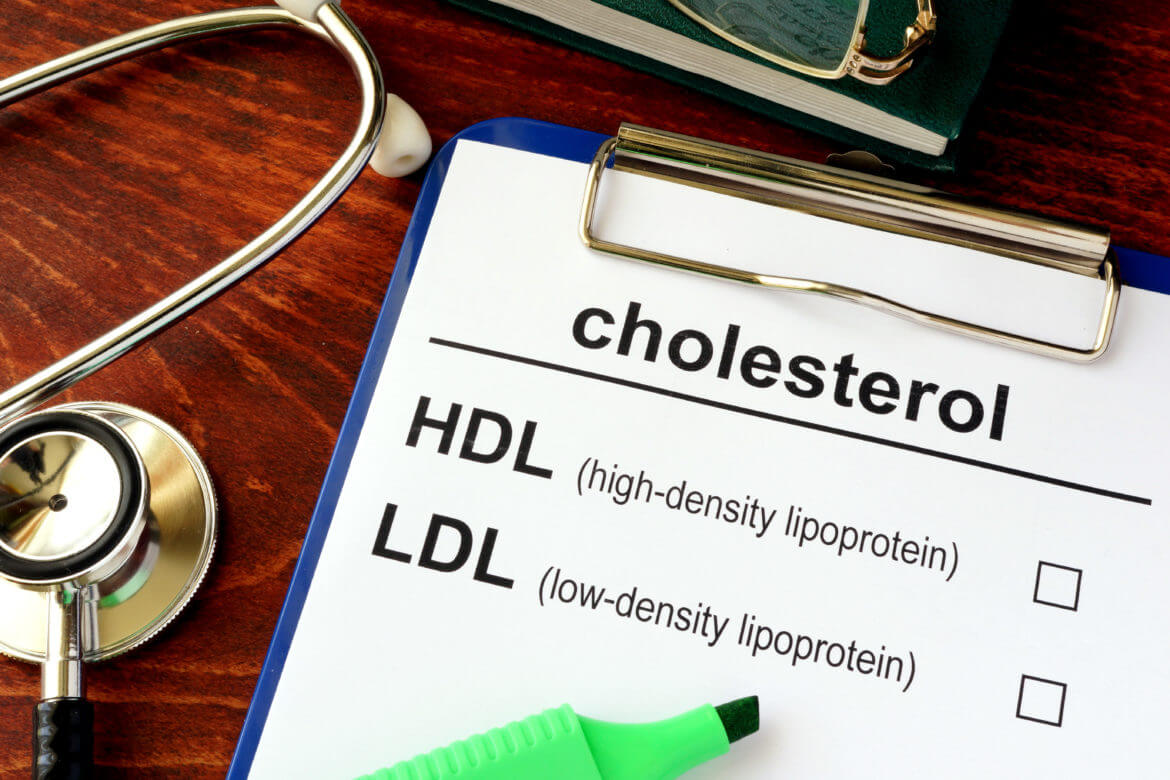People often wonder whether liposuction can lower cholesterol because it is primarily stored in fat cells known as adipocytes. These fat cells comprise adipose tissue, connective tissue whose function is to insulate the body and save the energy you need to get through the day.
HDL, also known as good cholesterol, can develop if one practices healthy habits like regular exercise, not smoking, sticking to a balanced and nutritious diet high in fruits and vegetables, and limiting the intake of sugar and trans fats. LDL, also known as bad cholesterol, is primarily found in unhealthy, fatty, and processed foods. It’s also found in red and fried meats, and is responsible for a range of medical complications and life-threatening diseases.
Because liposuction’s primary focus is directly removing fat, people frequently ask if the procedure can have a minimizing effect on their cholesterol levels.
Does Lipo Eliminate Cholesterol?
You probably already know that liposuction targets subcutaneous fat, which is the layer of fatty tissue found right beneath the skin.
Nonetheless, liposuction does not target visceral fat, bone marrow, or muscle tissue. These are areas where adipose tissue is mostly found, meaning that liposuction has no significant effects on lowering your cholesterol in any way.
This general rule, however, is only true in a direct sense. Liposuction can indirectly produce lower cholesterol in patients by encouraging them to maintain a healthy, active lifestyle that builds upon and reinforces their newly shaped image. It can even indirectly encourage diabetic patients to adopt similar healthy habits, which can reduce help to regulate blood sugar levels as well.

The Correct Answer Is Not How You Would Expect!
Many studies have demonstrated that liposuction will not directly lower cholesterol. It can, however, motivate you to live a lifestyle that will.
The fat extracted from your body during liposuction is permanently removed. To keep fat from accumulating in new places different from areas targeted during liposuction, you will have to routinely incorporate healthy lifestyle choices like regular exercise and a properly balanced diet.
Living a sedentary and inactive life will cause incremental growth in your LDL cholesterol, and that can, unfortunately, prompt the return of unwanted fatty deposits in your treated areas.
So, to maintain your liposuction results, strive to exercise for a minimum of 60 minutes at least three times per week. A healthy diet is a great way to care for your body. At the end of the day, these steps will not only help you keep those liposuction results, but do wonders for high cholesterol levels as well.

